According to some textbooks, one thing the fathers of Soviet choreography hastened to remove from ballet was that awkward-looking language of gestures generally referred to as ‘ballet mime’. Which explains why most Russian versions of Swan Lake lack familiar mime dialogues. And when it came to creating new ballets that required silent acting, such as Lavrosky’s 1940 Romeo and Juliet, the early Soviet dance-makers opted for a more naturalistic form of expressive gestural solutions.
Already a subscriber? Log in
Subscribe for just $2 a week
Try a month of The Spectator Australia absolutely free and without commitment. Not only that but – if you choose to continue – you’ll pay just $2 a week for your first year.
- Unlimited access to spectator.com.au and app
- The weekly edition on the Spectator Australia app
- Spectator podcasts and newsletters
- Full access to spectator.co.uk
Unlock this article
You might disagree with half of it, but you’ll enjoy reading all of it. Try your first month for free, then just $2 a week for the remainder of your first year.

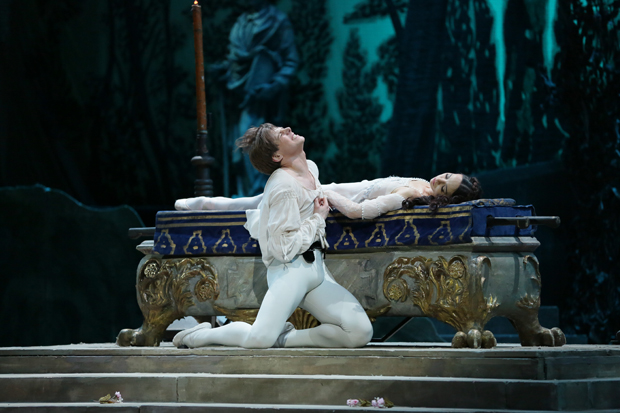
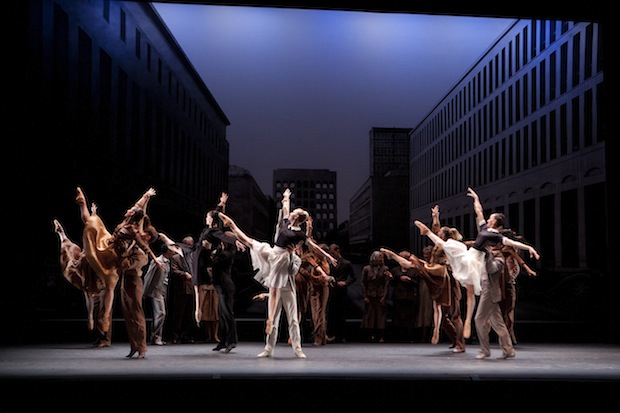
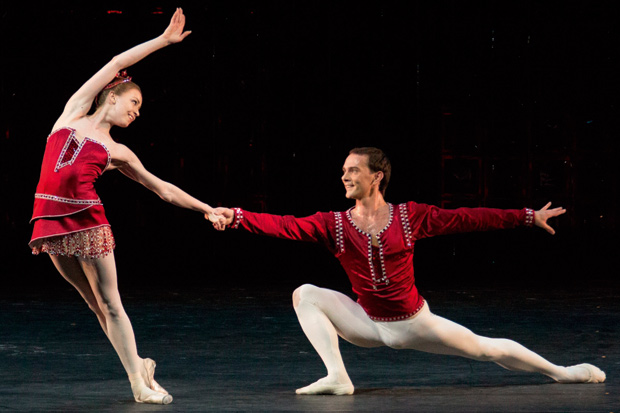
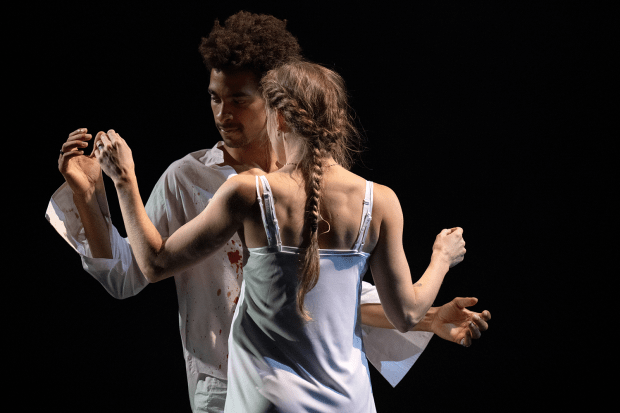
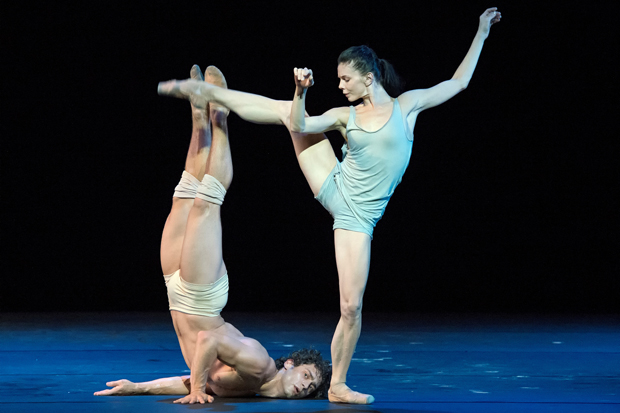
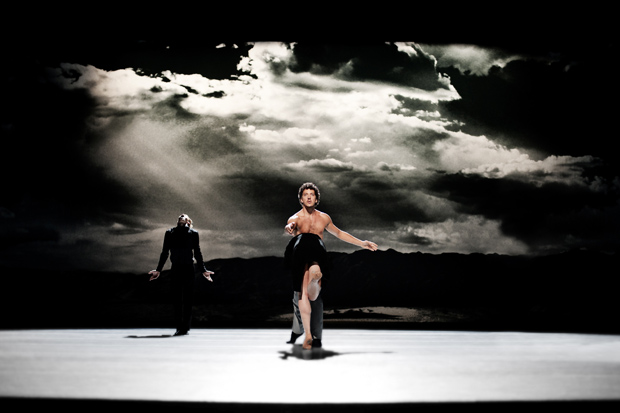
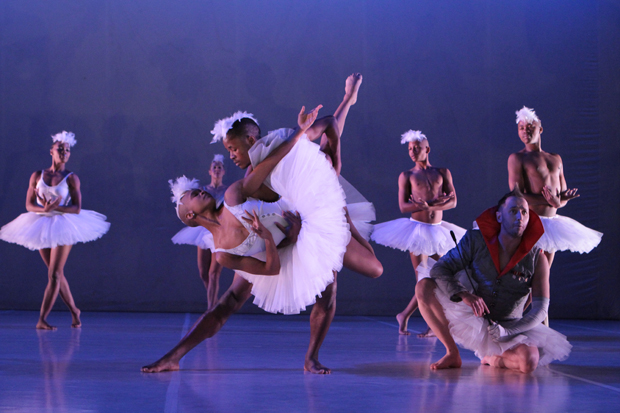






Comments
Don't miss out
Join the conversation with other Spectator Australia readers. Subscribe to leave a comment.
SUBSCRIBEAlready a subscriber? Log in